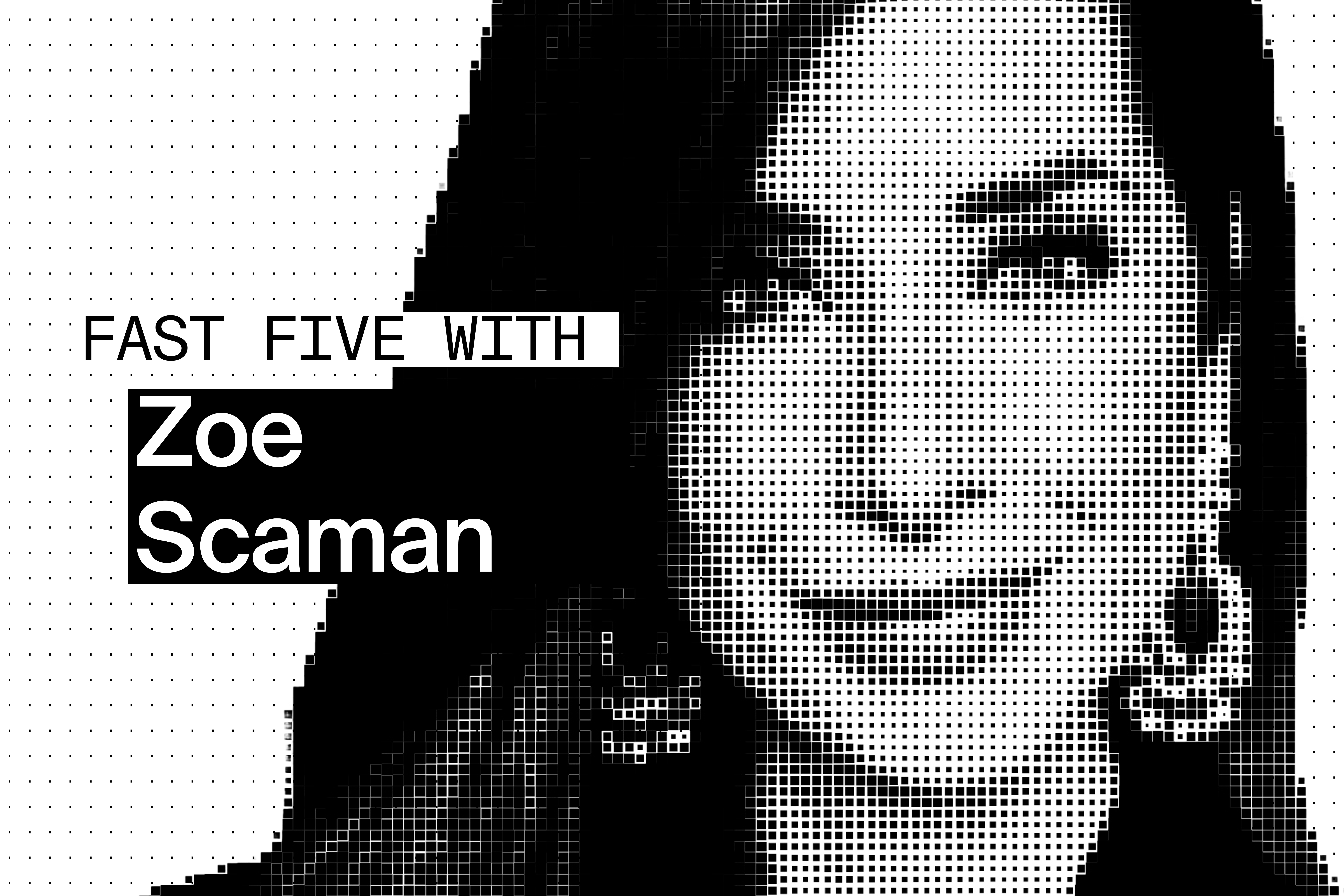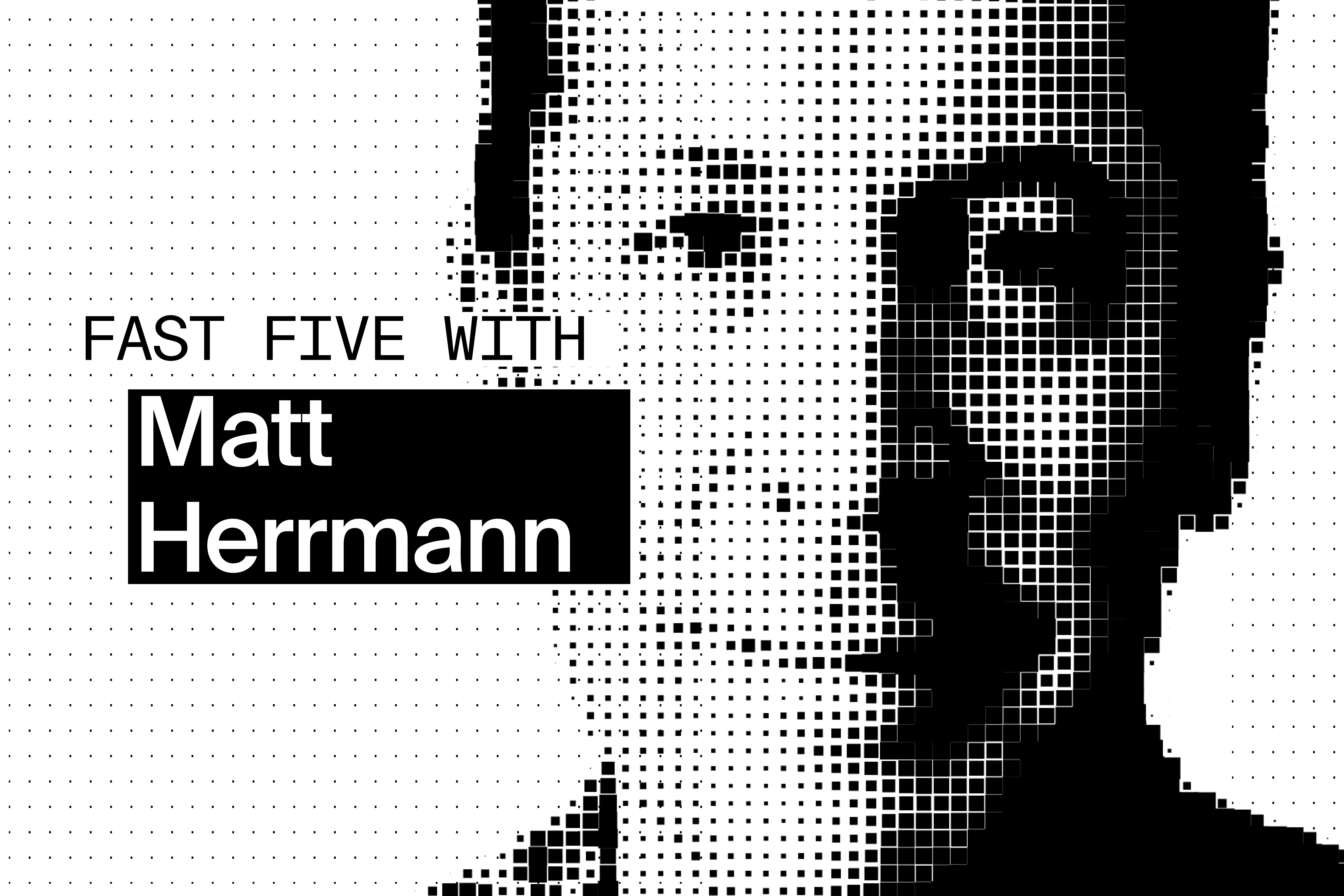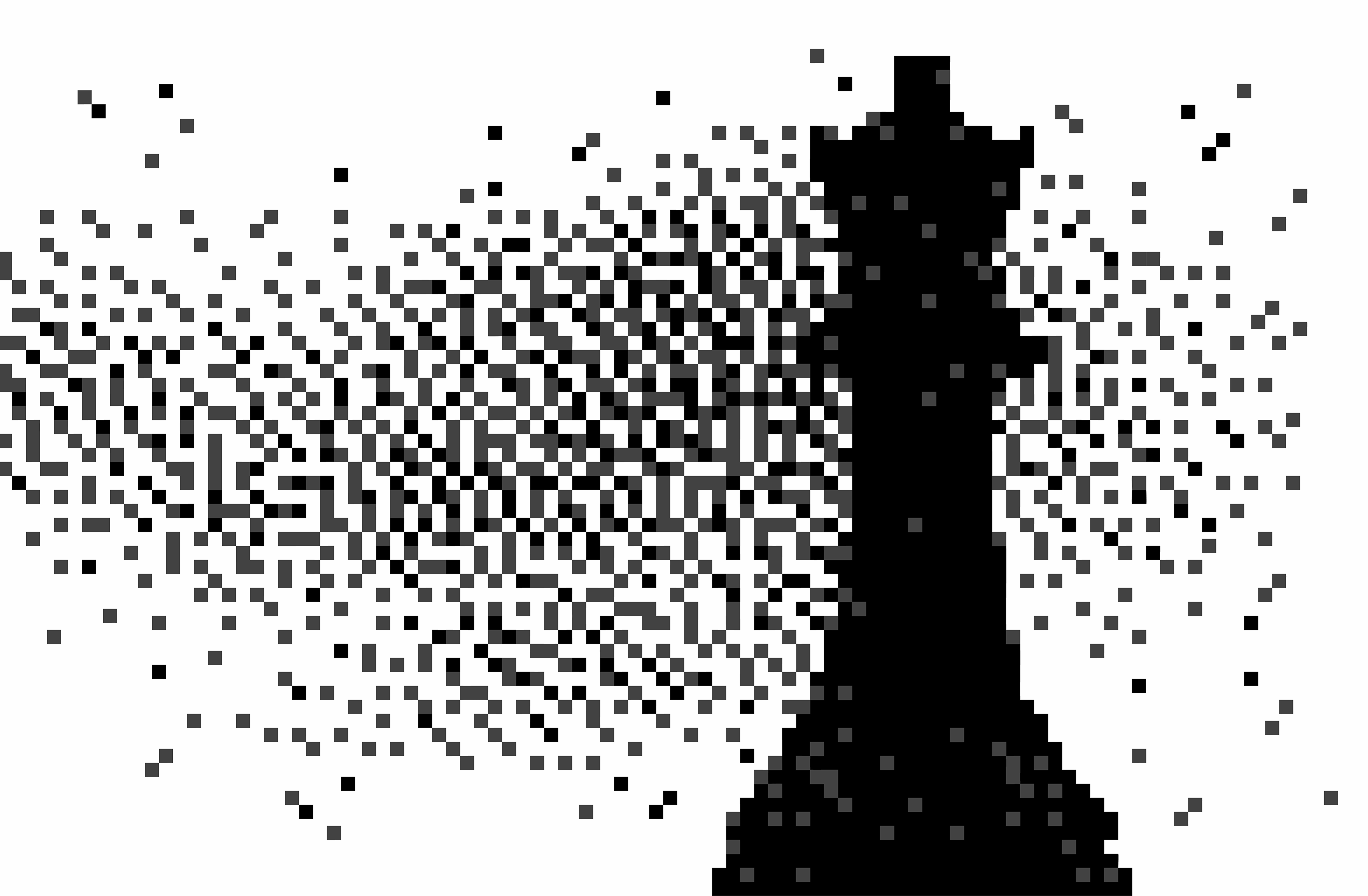Latest News
View All
Fast Five with Zoe Scaman
Fast Five is our rapid-fire interview series, capturing quick takes from the industry on creativity and AI. 5 questions, 5 minutes, unfiltered.
How do you define creativity?
The act of noticing what others have learned not to see. It’s pattern recognition mixed with emotional intelligence and just enough mischief to rearrange the world. It’s not the spark, so much as it's the reframing. The ability to pick something up - an object, a memory, a myth, a moment in culture - turn it in your hand and say: What if this means something else?
Is AI a friend or a foe?
AI is a mirror - and we don’t always like what we see. If you treat AI as a shortcut to “content,” you’ll get the flavourless soup you deserve. Rooms full of brand decks that sound like they were all written by the same middle manager in Slough. The cultural beige-ification of everything. But if you treat AI as a thinking partner - a provocation engine - you get something very different: velocity. Expansion. A chance to stretch beyond the first, obvious idea and get to the uncomfortable, interesting ones faster. AI doesn’t threaten originality. AI threatens laziness. And perhaps that’s overdue.
Name a piece of work that AI could never have come up with?
Ursula K. Le Guin’s The Carrier Bag Theory of Fiction. A model could replicate the sentences. It could summarise the thesis. It could imitate the rhythm, even. But it could never arrive at the idea. Because that essay wasn’t produced through analysis, it was produced through perception. Through noticing. Le Guin takes the oldest story humans tell - the hero, the weapon, the conquest - and quietly dismantles it with a single reframing move: The first human tool was not a spear. It was a carrier bag. A container. A holder. A vessel for sustaining life rather than taking it. From that one shift, the entire architecture of storytelling tilts. Narrative becomes collective, not competitive. Power becomes relational, not dominant. Survival becomes shared, not won. No machine does that. No dataset teaches you to subvert the underlying myth of civilisation itself.
Ursula K. Le Guin - The Carrier Bag Theory of Fiction
What’s the weirdest place you’ve ever found a great idea?
Cleaning out cupboards is a favourite pastime. When the brain is bored and the hands are busy, the doors between the conscious and the sub-basement swing open. The good ideas live in the plumbing. They surface when the performative, clever, “I am ideating now” brain shuts up.
Favourite AI hack or use case? What do you think it is good for?
I use AI like a conceptual centrifuge. I throw in: a paragraph, a suspicion, the outline of a thought.I ask it to reshape it - longer, shorter, slower, mythic, corporate, angrier, whispering, bored. Not to pick one, but to see the shape of what it could be. Draft zero, rather than draft one. It keeps me from falling in love too early with my own cleverness.

Fast Five with Matt Herrmann
Fast Five is our rapid-fire interview series, capturing quick takes from the industry on creativity and AI. 5 questions, 5 minutes, unfiltered.
Who are you?
Matt Herrmann
How do you define creativity?
Creativity is the alchemic act of seeing what has always been there and articulating it in a way that feels both new and inevitable.
Is AI a friend or a foe?
Neither and both? It's a phenomenal thought partner and conceptual tennis wall - a very helpful and tireless intern with perfect memory and no gut. It will become a foe if we forget about the importance of emotional experience when trying to connect a human with a brand.
Name a piece of work that AI could never have come up with?
One of my favourite lines of copy ever written is for Malort, a famously foul tasting booze popular in Chicago. The line is "Malort: Tonight's the night you fight your Dad." It's the kind of absurd yet truthful and insanely specific idea that requires instinct, cultural understanding that a machine built to be very good at predicting the next word would never come up with.
It's my favourite T-shirt - here's a link to where you can't buy it anymore because it's that good.
Postmark - Malort, Tonight's the night you fight your Dad t-shirt.
What’s the weirdest place you’ve ever found a great idea?
I don't know if this is weird, but I used Emile Durkheim's theory of the separation of the sacred from the profane to suggest that trash bags can become elevated to a type of religion. Still one of my favourite briefs.
Favourite AI hack or use case? What do you think it is good for?
I love to have an agent debate itself. It's great for following a line of logic down a rabbit hole or up into the stratosphere. I love that it has no shame or self-consciousness about taking the most ridiculous ideas far beyond their logical conclusion.

Insights from Ladies Who Strategize AI Summer Webinar
At the Ladies Who Strategize AI Summer kickoff, Springboards co-founder Amy Tucker broke down why most AI outputs aren’t wrong, they’re just boring.
Unleashing Human Creativity in an AI-Driven World
AI is moving at warp speed. ChatGPT hit 100 million users faster than TikTok, and now every second LinkedIn post is someone breathlessly declaring “the future of work.” But speed doesn’t equal creativity. In fact, if we’re not careful, AI could speed us straight into a world of beige.
Demystifying the magic trick
When we kicked off our Springboards + Ladies Who Strategize (LWS) AI Summer webinar series, our co-founder Amy Tucker shared her take with the group: most AI outputs aren’t bad, they’re just boring. LLMs like ChatGPT are built to give the “most likely” answer. LLMs don’t “understand” your words; they break everything down into tokens and then spit back the most likely sequence. In other words, they’re probability machines, not possibility machines.
That’s why they’re fast and impressive, but also trained to follow a pattern. Amy demoed it live: ask an LLM any number 1 to 10 and you’ll get the same “random” outputs. Another example: Two different marathon runners received identical training plans from an LLM. Even creative asks like ideas for “band names” collapse into predictable, low-entropy answers.
Machines don’t dream. They echo.
Breaking the gray with Springboards
Springboards was built to be the antithesis of LLMs. We don’t hand you the most probable answer. We hand you sparks, weird prompts, thought-starters, and curveballs, designed to push your brain somewhere it wouldn’t go alone.
Our platform has modes literally called LSD and Asylum for a reason. They’re not about being safe or efficient; they’re about messing with the machine until something interesting, unexpected, and fun falls out.
Because we believe the real power of AI isn’t about removing humans from the process. It’s about supercharging them.
What AI is good for (and not)
Amy also talked about where AI does shine:
- Getting you up to speed fast on new topics
- Spotting patterns in mountains of data
- Helping you flip perspectives or reframe a problem
- Generating starter ideas you can riff off
But let’s not kid ourselves. AI isn’t good at originality. It isn’t good at taste. And it definitely isn’t good at giving you the kind of hard feedback that makes an idea go from okay to killer.
That’s still the human superpower.
Humans + AI > boring
So where does that leave us? Pretty optimistic, actually. New tools always bring new possibilities. Just like the camera didn’t kill painting, AI won’t kill creativity. It just changes the canvas.
The challenge — and the fun — is learning how to break these tools in ways that make space for more imagination, not less. That’s exactly what Springboards is here for: keeping creativity human, playful, and just the right amount of weird.